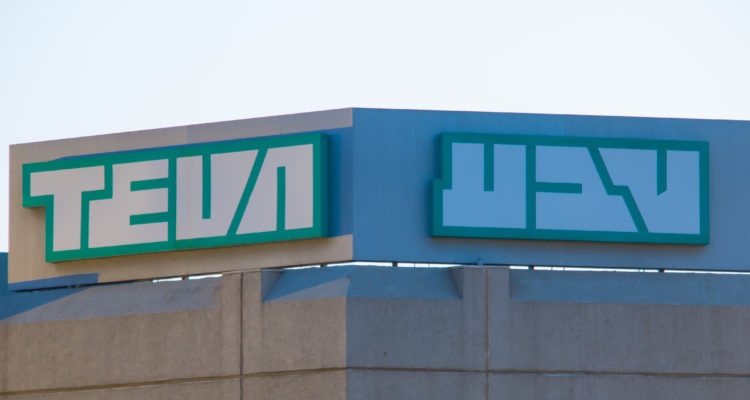The decision, accompanied by the termination of operations in the pharmaceutical giant’s Netanya R&D center, marks one of the first major moves adopted by newly appointed CEO Kare Schultz.
By: Jack Ben-David
The Israeli pharmaceutical giant Teva is gearing up to cut half of its domestic workforce, leaving some 3,300 people out of work in a bid to remedy dire financial losses that have plagued the company in recent years.
In May, Teva reported huge losses of more than 18% in its second-quarter earnings, generating a dip in its share prices by 34.5% in less than a week.
The mass redundancy decision came after Teva’s board recently met to discuss plans that were already announced last May to pack up shop in 45 countries and sell multiple plants in 2017 and 2018.
The move is the first major decision taken by Kare Schultz who recently took over the reins at Teva as CEO to make the cuts required to keep the company on its feet.
The most drastic cuts by Schultz are expected to take place in the company’s headquarters in Petah Tikva, with 45% of workers––1,500 employees––to be laid off.
With the mas redundancies, the company––a hallmark of Israeli innovation––hopes to save approximately 50% of costs spent on administrative work.
In addition, operations in the firm’s R&D hub situated in Netanya will cease entirely, resulting in the eventual termination of all 350 employee contracts at the site.
Saddled with poor cash flow and low revenue caused by the loss of Copaxone patents, a drug used for treating multiple sclerosis, Schultz, with thirty years of experience in the industry, was brought in from Denmark’s Lundbeck to extricate the company from its financial straits to the tune of $2 million per year, plus bonuses.
Schultz appeared on Teva’s radar as an ideal candidate to steer its sinking ship and salvage its diminishing profits by ruthlessly cutting jobs and other overheads after he sacked almost 17% of Lundbeck employees.




